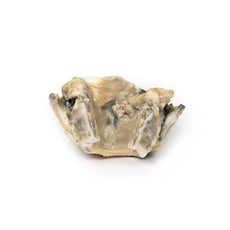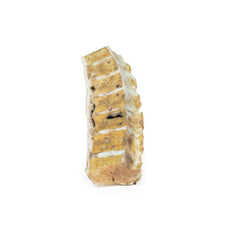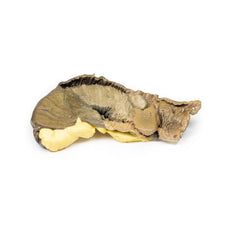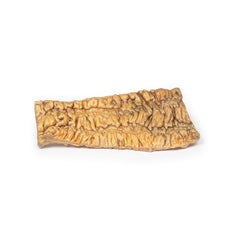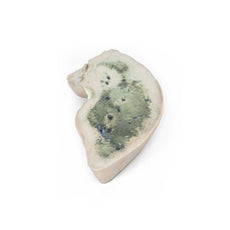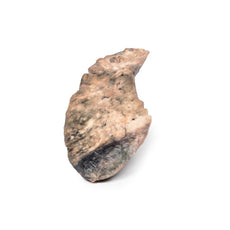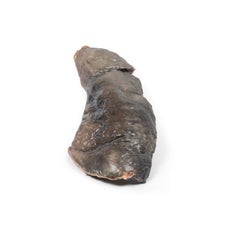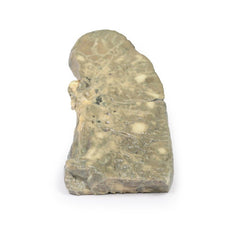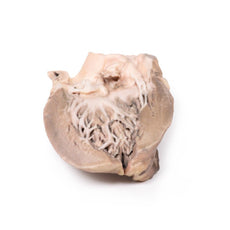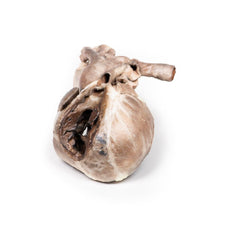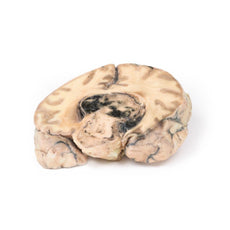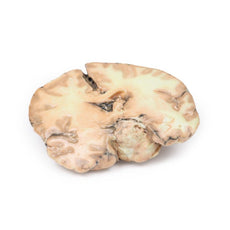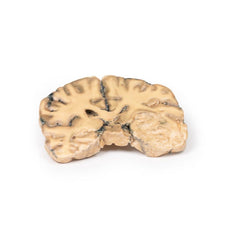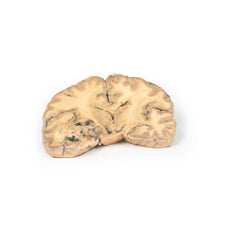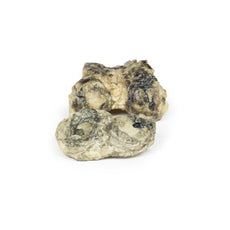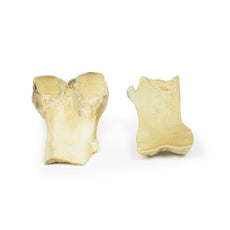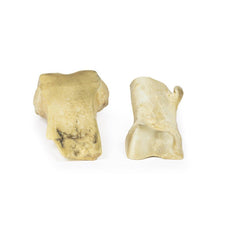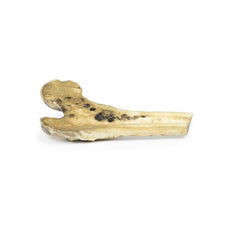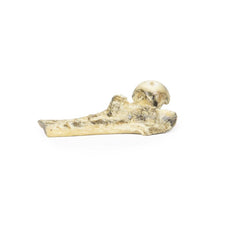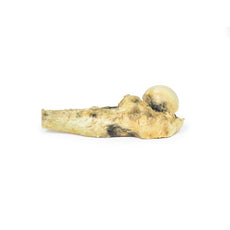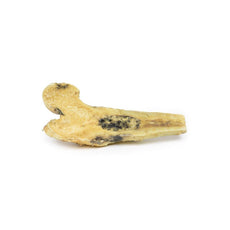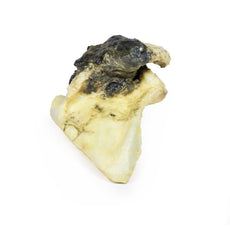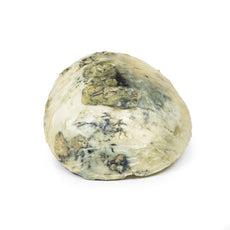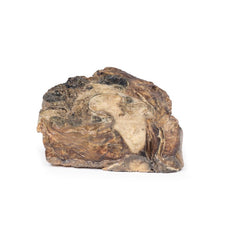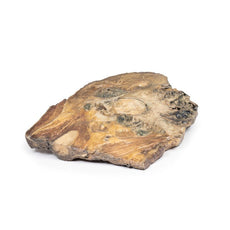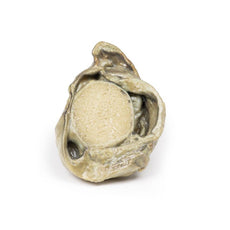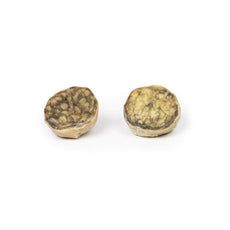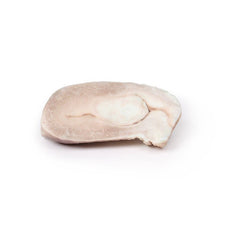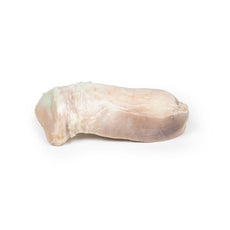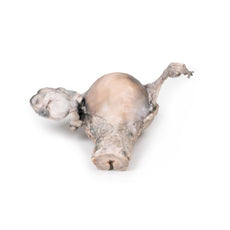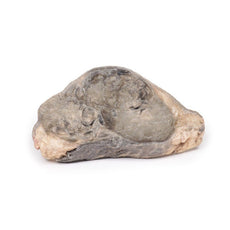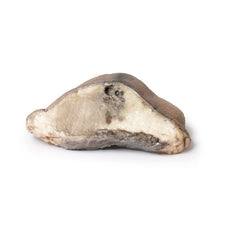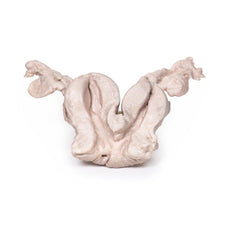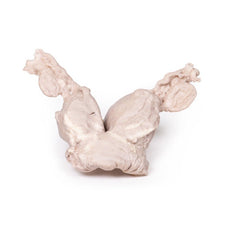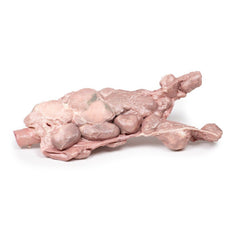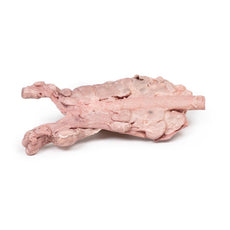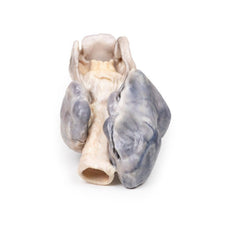Your shopping cart is empty.
3D Printed Glioblastoma Multiforme
Item # MP2015Need an estimate?
Click Add To Quote

-
by
A trusted GT partner -
3D Printed Model
from a real specimen -
Gov't pricing
Available upon request
3D Printed Glioblastoma Multiforme
Clinical History
A 56-year old male presented with a generalised seizure. He remained unconscious
after this
seizure and later died. A collateral history revealed 6 months of progressive confusion, short-term memory loss
and personality change.
Pathology
Coronal sections of the brain post mortem show a 4cm necrotic and haemorrhagic tumour.
Tumour
invasion from the
3D Printed Glioblastoma Multiforme
Clinical History
A 56-year old male presented with a generalised seizure. He remained unconscious
after this
seizure and later died. A collateral history revealed 6 months of progressive confusion, short-term memory loss
and personality change.
Pathology
Coronal sections of the brain post mortem show a 4cm necrotic and haemorrhagic tumour.
Tumour
invasion from the inferior frontal lobe into the lateral ventricle is apparent. Meningeal spread is evident on
examination of the posterior aspect of the specimen.
Further Information
Gliomas are the second most common cancer of the central nervous system after
meningiomas.
The term “glioma” refers to tumours that are histologically similar to normal glial cells i.e. astrocytes,
oligodendrocytes and ependymal cells. They arise from a progenitor cell that differentiates down one of the cell
lines. Glioblastoma multiforme (GBM; also called glioblastoma) develop from the astrocyte lineage. GBMs can
arise in the brain “de novo” or evolve from lower-grade astrocytomas or oligodendrogliomas. GBM is often
referred to as a grade IV astrocytoma. They are differentiated histologically from anaplastic astrocytomas by
necrotising tissue surrounded by anaplastic cells as well as by the presence of hyperplastic blood vessels.
GBMs are more common in males. It is most commonly diagnosed in the 6th decade of life. Genetic risk factors include neurofibromatosis type 1 and Li-Fraumeni syndrome. Previous brain radiotherapy is also associated with increased risk of GBM. Symptoms vary depending on the location of the GBM, but may include any of the following:
- Persistent headaches
- Double or blurred vision
- Vomitng
- Loss of appetite
- Changes in mood and personality
- Changes in ability to think and learn
- New onset of seizures
- Speech difficulty of gradual onset
Diagnostic tools include computed tomography (CT scan) and magnetic resonance imaging (MRI). Around 50% of these tumours occupy more than one cerebral hemisphere. GBMs commonly extend into the ventricular walls or meninges, and thus into the central spinal fluid (CSF). Spinal cord spread is uncommon.
Metastasis beyond the central nervous system is rare. Tumour growth causes cerebral oedema leading to increased intra-cranial pressure. These are biologically aggressive tumours, and if left untreated survival is typically 3 months. The mainstay of treatment for GBMs is surgery, followed by radiation and chemotherapy.
Download: Handling Guidelines for 3D Printed Models
Handling Guidelines for 3D Printed Models
GTSimulators by Global Technologies
Erler Zimmer Authorized Dealer
The models are very detailed and delicate. With normal production machines you cannot realize such details like shown in these models.
The printer used is a color-plastic printer. This is the most suitable printer for these models.
The plastic material is already the best and most suitable material for these prints. (The other option would be a kind of gypsum, but this is way more fragile. You even cannot get them out of the printer without breaking them).The huge advantage of the prints is that they are very realistic as the data is coming from real human specimen. Nothing is shaped or stylized.
The users have to handle these prints with utmost care. They are not made for touching or bending any thin nerves, arteries, vessels etc. The 3D printed models should sit on a table and just rotated at the table.












